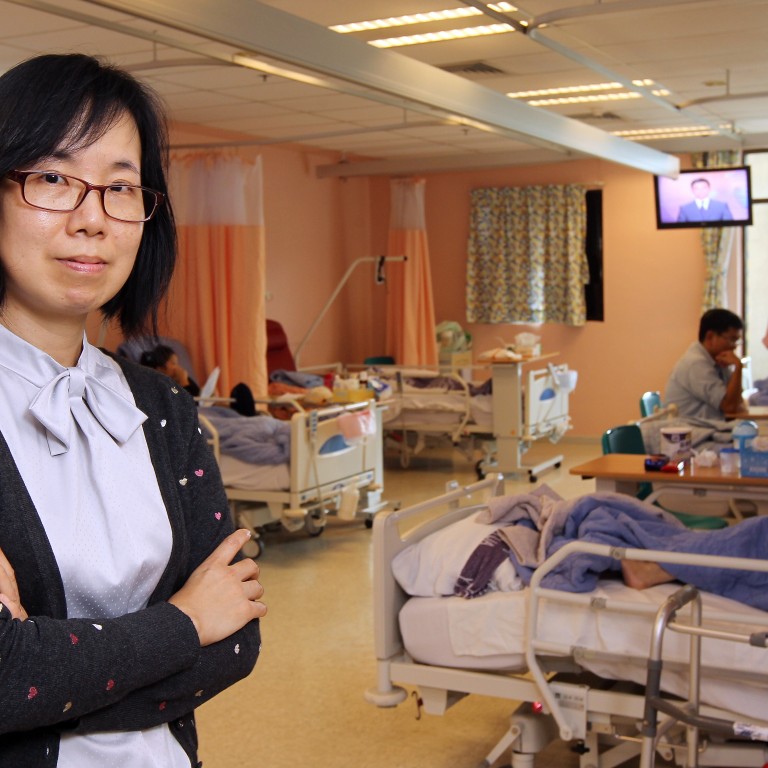
Many Hong Kong citizens still know little about end-of-life care
Expenditure for treating advanced diseases like cancer, stroke and organ failure has accelerated dramatically as various medical treatments are discovered and applied to save lives.
In the US, 30 per cent of all medicare expenditure goes towards the 5 per cent of those who die each year, with one-third of that cost occurring in the last month of life. Despite these high costs, there is less discussion about the priorities of patients with diseases who are in the advanced stages of their illness.
Health care of those with a terminal illness that has become advanced, progressive and incurable is known as end-of-life care. "Advance care planning", and "advance directives" are developed to help patients establish decisions about future care that will take effect when they lose the capacity to make decisions.
Although they have been in use in Western countries for more than 20 years, they are quite new concepts to most Hong Kong people. Little has been done about advanced care planning in the health care context.
Patients, family members and sometimes health care professionals seldom discuss dying and advance directives. Rather than getting involved in advanced care planning, most patients passively receive costly but unwanted medical treatments.
A recent local survey shows that 87 per cent of Hong Kong people don't know the meaning of advanced care planning or advance directives. But 60 per cent said they wanted to know more about end-of-life support services.
In recent years, more public interest has been shown over dealing with death. Last year 2,700 people took part in the survey to share their views about end-of-life care after visiting road shows organised by the Nethersole School of Nursing. In recent years, more health professionals have received training about advance care planning and advance directives.
Although there is growing awareness of end-of-life supportive care in Hong Kong, there is a long way to go. The philosophy of end-of-life care needs to be promoted through various channels in order to reach more people.
The government must provide more resources to develop related services; and enhance professional training and public health education.
This will enable someone facing a life-limiting disease to consider the available services. It encourages more openness in preparing for a good death.

